TERC Blog
Emerging Lines of Work with Jessica Karch
TERC staff have been central to the organization's 55+ years of success as a research and development nonprofit. As the landscape of STEM education continues to change, our talented staff have been adding to the diversity and range of our work. Their lines of work are shaping the field of STEM education and research.
In this exciting blog series, we introduce you to the brilliant and talented individuals who are making a mark in STEM education. They will not only share their passion for their work but also offer valuable insights into their journeys that have led them to where they are today.
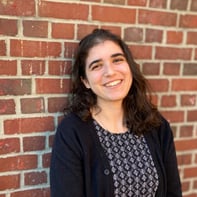 This post is written by Dr Jessica Karch who is currently PI for “Exploring Students’ Data Science Learning and Participation through Engagement with Authentic, Messy Data at DataFest,” funded by the National Science Foundation — Improving Undergraduate STEM Education (NSF 2216023). This study examines students’ experiences at Datafest, an intense 2-day data science experience at several sites throughout the United States, where undergraduates are tasked with making sense of authentic, messy datasets.
This post is written by Dr Jessica Karch who is currently PI for “Exploring Students’ Data Science Learning and Participation through Engagement with Authentic, Messy Data at DataFest,” funded by the National Science Foundation — Improving Undergraduate STEM Education (NSF 2216023). This study examines students’ experiences at Datafest, an intense 2-day data science experience at several sites throughout the United States, where undergraduates are tasked with making sense of authentic, messy datasets.
Where do the boundaries of a discipline lie, and what kind of knowledge is generated when those imaginary lines are crossed? This was a question that started to puzzle me during graduate school. My dissertation research started off simple: apply an analytical framework that had successfully been used to characterize abstraction in one context (organic chemistry) to a different one (physical chemistry). However, I was quickly plagued with problems: the definitions of “abstractness” that worked well in organic chemistry seemed to fall apart when I applied them to interviews where students were engaged in mathematical problem solving. I started reading more broadly in the mathematics and science education literature and began to adjust some of our underlying theoretical assumptions. Our final work drew on several different fields in discipline-based education research and the learning sciences, while attending to abstraction in physical chemistry as a domain-specific phenomenon.1 That is, I found that to construct this deeply disciplinary construct, I had to engage in the interdisciplinary activity of identifying boundaries and integrating across disciplines.
Abstraction
The process of abstraction is how you move between abstract and concrete ideas; your memory of your family dog, Fido, is a concrete idea, with specific characteristics, belonging to a certain breed, etc. The idea of a "dog" is abstract— it has certain immutable characteristics that make up "doginess", such having four legs, a tail, and barking, although you would probably recognize a dog that only has three legs as belonging to this category (like my family dog!). In our work, we define abstraction as "how a learner makes sense of something like an equation or a conceptual idea, either extracting meaning from it to develop a generalized concept, or giving meaning to it to recognize generalizable features" (Karch & Sevian, 2022).
This led me to wonder about an emerging area of research: what do interdisciplinary activities look like in practice, and what does integrating across disciplines, which is related to the National Science Foundation (NSF)’s big idea of convergence,2 mean for undergraduate students who are just starting to develop mastery over scientific concepts? What about graduate students?
To explore these ideas, I got connected to TERC during my last year of graduate school at UMass Boston. I had been trying to figure out a career option that would (1) allow me to focus on doing research, (2) explore and develop some of the emerging project ideas that had sprung from my dissertation work, and (3) keep me in the Boston area. My dissertation advisor, Hannah Sevian, connected me to Jim Hammerman, the co-director of SEEC (STEM Education Evaluation Center) at TERC who had been an evaluator on her NSF DRK-12 project.
Over the course of two years, Jim and I submitted 4 grant proposals, focused on different aspects of exploring interdisciplinarity. The fourth and most recent one was funded and built on work being done at TERC by Jennifer Noll and Andee Rubin exploring DataFest, a two-day data competition during which undergraduate students work with authentic, messy data provided by a corporate or civic partner to answer a real-world question. This provided the funding to bring me to TERC part time, while I split time with my postdoc at Tufts, where I work with Ira Caspari-Gnann.
The project grew from my interest in understanding interdisciplinarity in authentic contexts, and my collaborators’ (first Jennifer Noll and Jim Hammerman, and currently Traci Higgins and Jim) interest in the development of data literacy. DataFest, where students must grapple with large authentic datasets, is a fruitful space to study both.3 Through our two-year exploratory grant, Improving Undergraduate STEM Education (IUSE #2216023), we are investigating two features of DataFest: (1) how students leverage interdisciplinary thinking and resources while working on the DataFest task, and (2) students’ experiences at DataFest in order to understand patterns of participation at the event. Our project kicks off in Spring 2023 at six DataFest sites across the US. We are collecting multimodal data, including video recordings of teams working at the event, pre- and post-surveys, and retrospective interviews.

Adapted from References 4 and 5. A schematic representing the structure of data science.
Interdisciplinary
The integration of multiple disciplinary perspectives.
Through this project, we hope to contribute to more deeply understanding how interdisciplinary thinking intersects with data. Data science is a convergent field in itself, sitting at the intersection of computing, domain knowledge, and statistics.4,5 Despite the fact that data literacy often necessitates interdisciplinary thinking, sitting as it does at this intersection, most educational reforms consider interdisciplinary reasoning and data literacy in isolation.
In our current era, where science education is driven by (1) rapid advancements in computing power that necessitate data literacy beyond computer science and (2) the call for convergence to address global cross-disciplinary problems, such as climate change, it becomes increasingly necessary to bring these two together to develop 21st century solutions to 21st century problems. Our study is one small step to bring this field forward.
I am also excited to grow as an interdisciplinary scholar. Bringing my expertise in qualitative research in chemistry education, I am looking forward to learning from my collaborators, colleagues at TERC, and participants about what data science thinking looks like and to broaden and deepen my research horizons.
References
- Karch, J. & Sevian, H. (2022). Development of a framework to capture abstraction in physical chemistry problem solving. Chemistry Education Research and Practice, 23, 55-77.
- National Research Council (2014). Convergence: Facilitating Transdisciplinary Integration of Life Sciences, Physical Sciences, Engineering, and Beyond. Washington, DC: The National Academies Press. https://doi.org/10.17226/18722.
- Gould, R. (2014). Datafest: Celebrating data in the data deluge. In K. Makar, B. de Sousa, & R. Gould (Eds.), Sustainability in statistics education. Proceedings of the Ninth International Conference on Teaching Statistics (pp. 1-4). International Association for Statistical Education (IASE).
- Conway, D. (2010, September 30). The Data Science Venn Diagram. Zero Intelligence Agents- Drew Conway. http://drewconway.com/zia/2013/3/26/the-data-science-venn-diagram
- Finzer, W. (2013). The Data Science Education Dilemma. Technology Innovations in Statistics Education, 7(2), 1-9. Retrieved from https://escholarship.org/uc/item/7gv0q9dc

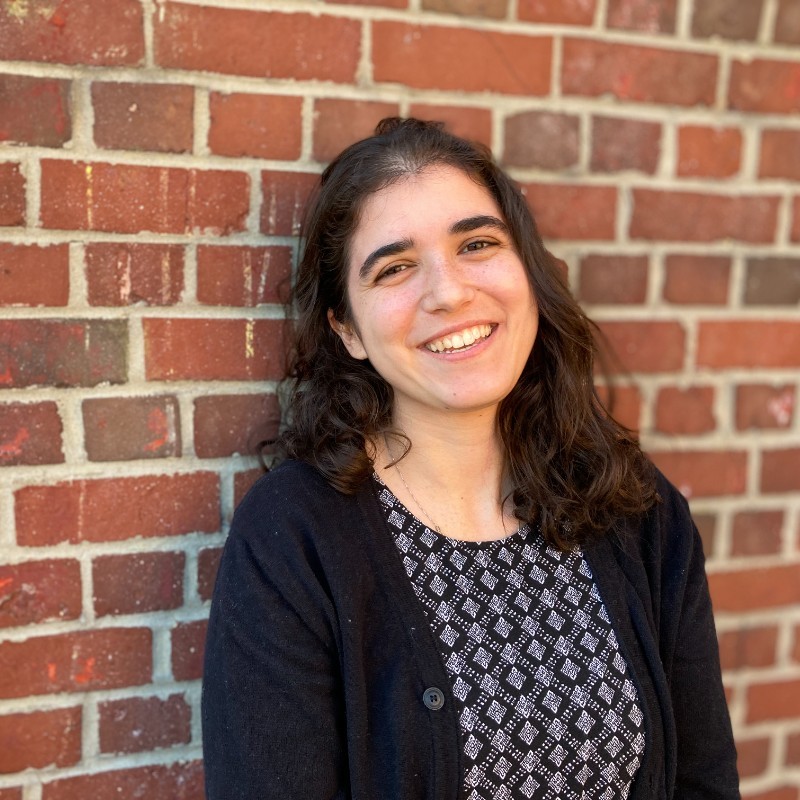





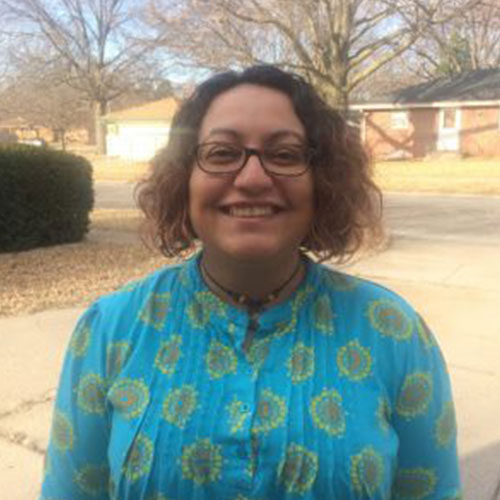

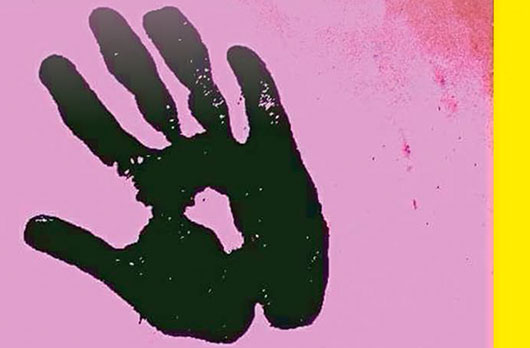
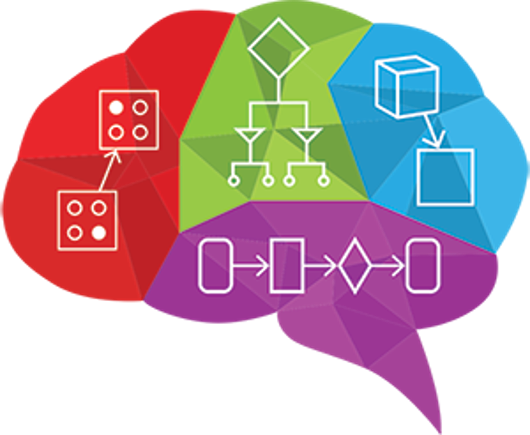
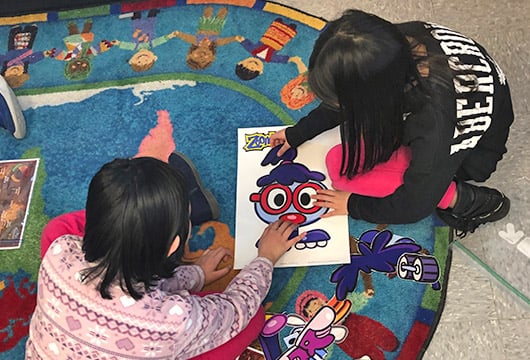
.jpeg)